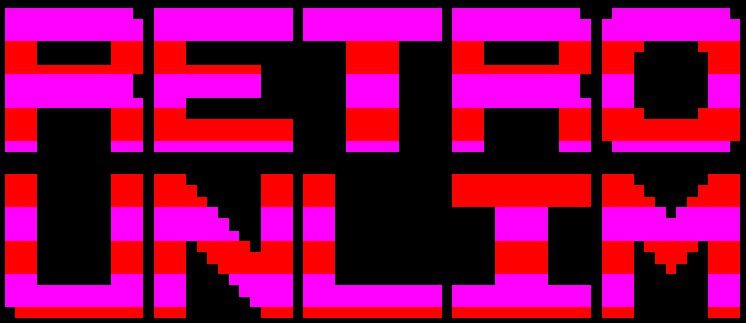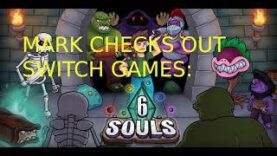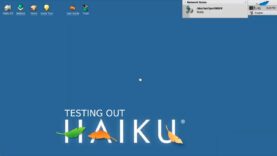Haiku OS QEMU KVM Test With Pop!OS On My Ryzen5 2500U Mini PC (September 3rd 2022)
Lactobacillus Prime
#Haiku #Qemu #popos
I used to tinker with BeOS quite a bit back in the day. Just saw a video from ActionRetro (linked to it) who installed BeOS on a PowerMac Clone. Figured I’d give it a whirl on my Ryzen5 2500U Mini PC – albeit Virtualized. I must say it worked rather well.
The BeOS system has had an interesting past. This video takes a look at the latest still actively developed member of the BeOS family. BeOS was an operating system for PCs developed by Be Inc in 1990, at first it was designed to only run on BeBOX hardware which resembled PPC Macintosh machines of that time.
It was promoted as an OS tailored to multimedia – more so than Windows 9x/NT and MacOS were at the time. It never achieved a proper market share and Be Inc didn’t turn out to be commercially viable. Be Inc was acquired by Palm Inc.
At some point in time Jean-Louis Gassée – the CEO of Be Inc – was negotiating with Apple to see if BeOS could be a replacement for the Classic MacOS but negotiations were ended because Jean-Louis asked 300 million US dollars but Apple was only willing to offer 125 million US dollars.
NextStep was later thought to be a better option and it was acquired by Apple in 1996 for 429 million US dollars, much more than BeOS would have cost but Next/NextStep is the basis/origins of modern day OS X which has been named back to MacOS – it also brought Steve Jobs back into the Apple-fold.
BeOS was actively being worked on by Be Inc right up to its demise. The Bone (BeOS Networking Environment) stack was added to BeOS 5.x.x but despite it never being officially released to the public it did get into the hands of many of the BeOS users of that time.
So BeOS ended up being not much of a player in the market at all and would have died a silent death. Where it not that today the OS itself but also offshoots commercial and open source are still being used by enthusiasts today.




Thanks for watching, Mark
———————————————————————————————————————————————–
Caution: This video features 3 short skirted Barbie Avatars from a PSP demo that I used to test the PPSSPP emulator.
———————————————————————————————————————————————–
My Twitter:
My Facebook:
https://www.facebook.com/LactobacillusPrimeRetroGaming
My Instagram:
https://www.instagram.com/lactobacillus_prime
NOTICE:
“Copyright Disclaimer Under Section 107 of the Copyright Act 1976, allowance is made for “fair use” for purposes such as criticism, comment, news reporting, teaching, scholarship, and research. Fair use is a use permitted by copyright statute that might otherwise be infringing. Non-profit, educational or personal use tips the balance in favor of fair use.”





 )
) 




 )
) 




